MonsterVine recently had the opportunity to interview the President and CEO of Mastiff Games, Bill Swartz, and David Bruno, about localization, and their upcoming 3DS action-RPG Gurumin: A Monstrous Adventure:
Spencer: Thanks for taking the time to be here!
Bill Swartz: Not at all, you guys have been great supporters. We’re really happy to be here.
Spencer: Can you tell me the general process of localizing at Mastiff? What are some of the major difficulties that may arise when localizing a game?
Bill: That’s a hard one, because every project is really different. There are two BIG barrels, like how to deal with mass quantities. There are games with, effectively, 500,000 words, basically huge text novels. We don’t really do them, as there’s so much in them that we didn’t think we could do the translation at a cost-effective basis. The other issue is how do you go about quality?
There are lots of people who are okay with translated games sounding a bit funny, as part of the charm. I personally hate that view, as I love language, and want players to have an experience that’s as parallel to the original game as possible. The translated game experience should feel the same as the native game experience, unless there’s a character who intentionally speaks like that.
Translating a game into Spanish or French is like refining a suit, where you just fix up the suit a bit. From English to Japanese or vice versa, you’re kind of reweaving the fabric. There’s a practice that drives me bonkers, and it’s that you do a quick and cheap first translation, then have someone else rewrite it. The problem with that process is in that first translation, all of the meaning behind the original script is washed out. It’s like boiling a fruit, and trying to chemically re-flavor it. The fact is, all of the flavor is gone.
Spencer: Like the natural intended effect is no longer present, since it’s been recreated in a less than state.
Bill: Yeah exactly. And there may be subtle changes or different nuances for the characters, but it’ll still be majorly wrong. Even if it appears smooth on a sentence-by-sentence basis, it won’t be smooth on a story basis. I think the only way to do it is to have someone, or a team of people, who understand the game, so that they have context, and have them do the translation. And when the translation is done, the dialogue needs to be read aloud like a “script party”. You want it to be parallel to the original, so it’s well put together, then you do a table reading, discover the issues there, like if a hint for later is lost or something, and fix it. It’s definitely an old-fashioned way of doing it, and probably more trouble than it’s worth, but I don’t have a better idea of how to do it.
Spencer: Yeah, because then it’s as close to the meaning of the original as possible, while still doing it in your own way for the localized audience.
Bill: Well you want to nail what they convey, but you also want to give consumers the same experience.
Spencer: Yeah, that SNES age of more quirky translations in RPGs is over, so it stands out a bit now. That leads to our next question, how do you feel about the controversy around localization lately, whether it’s Dead or Alive, or the Westernization changes and jokes in Fire Emblem?
Bill: First off, fundamentally, with something like Fire Emblem, that’s a Nintendo and Intelligent Software game. So from a moral and ethical standpoint, they can do whatever they want. It’s up to them if they translate it directly from the Japanese version, or make changes. I’d leave it the same for the same experience, but again, it’s Nintendo doing whatever they want for their property. My philosophy is that I’m not nearly as talented or involved as the guys that make these games. I’m not going to be pretentious enough to really change something for the sake of “improving” it. For grey areas I leave it there, like we didn’t try to change the music in Gurumin.
There was a scene in an old game we did that had a weird cross in it, in a cathedral. We added a curly “Q” to the end of one of the cross ends, since it was that time when a lot of people were making noise about religion in games. And it was just a background piece, so we made it look a little less like a cross. So a core of people made it their cause in life to complain about it. To me that’s just people looking for something to complain about. So I guess that’s a long way of saying that if it’s someone else’s project, try to be true to the original, and aim to be accurate rather than strange. And if it’s your project, do whatever you want.
Spencer: What factors do you keep in mind when you’re deciding what to localize? A big example of a game that translates its humour well is Earthbound, which is unique but still accurate. For Gurumin, was there anything particularly difficult to transfer over? If so, how did you approach it?
Bill: We had an internal debate at one point about character naming. The names in the original are kind of clever, cute, and weird. They all referred to things that are funnier in Japanese though, so they didn’t transfer over well. Two of the moles, for example, had names that meant “sun” and “doesn’t dig” if I recall, so how do you transfer that over?
It was a really big project, with issues that you constantly have to kind of deal with. There’s a character who’s always locked in a cage, and says nothing, while there’s another character that translates for him. We had to come up with our own mistranslations for him to reflect the poor translations the character does, whether it was phrases or weird sounds.
There’s a monster dancing near his boombox near the beginning, and as the hero takes off, he says “I’ll support you with my dancing”, while in Japanese it was more or less just “do your best”, in a kind of vanilla way that isn’t too enthusiastic or passionate. So we couldn’t just use “do your best”, since that was too excited and supportive. So since he could have meant it or not, and he was dancing, we used “I’ll support you with my dancing”, which is true to the original meaning, but different in literal terms.
Spencer: There’s a lot of thought that goes into this.
Bill: Yeah, it’s really easy to think of translation as kind of copy-typing in a different language, but with something like Japanese, stuff in the language is structured entirely different. It’s really a matter of passion and time to find parallels that work really well.
Spencer: I think there’s definitely a misconception that localization is just word-for-word translating. It’s interesting to see how much detail goes into things as minor as the name of the dog or a mole.
Bill: Sometimes I almost feel like we put way too much into these translations. [laughs] But that’s who we are, for better or for worse. And I’m proud to say that our team really had the language skills and knew the product when it came to Gurumin.
Spencer: What was the localization process for Gurumin specifically like? Was it standard fare, or was it a huge challenge?
Bill: It was fine, there were no curve-balls or anything. One of the big things is the quality of the original game. It’s tempting to look at Japanese games as some type of holy text, because it seems mysterious because you can’t read it. And sometimes it really is beautiful, but if you start with a crummy source, what do you do with that? So we try to pick games that are well-crafted.
Spencer: I hadn’t played the original, but I’m really excited to play it. It looks like an interesting combination of a Dreamcast-era RPG like Evolution, and Mega Man Legends. Is there anything you want to say about the game or anything else to close this out?
Bill: We’ve mostly talked about localization in terms of linguistics, but translating Gurumin to the 3DS, from the original PC version, was an amazing exercise in optimization. [laughs] As for what we’re doing next, maybe a pro hopscotch game?
David Bruno: It could be huge with VR.
Spencer: I like it. It could be the VR version of Final Fantasy VII, revolutionary.
Bill: Maybe the special edition will come with real chalk and a real piece of asphalt from the parking lot of Mastiff.
Spencer: DLC characters from Gurumin and Gungrave?
Bill: Great idea! [laughs]. I can’t talk about what’s coming up too much, but definitely check out Gurumin.
Spencer: Outside of what you mentioned, were there more limitations with the 3DS that you had to work around with Gurumin?
Bill: The devil’s in the details. Everything falls into two buckets: controls and optimization. We tweaked it a bit and added a camera control and a better help system, but a game is a game. We spent a long time figuring out what to do with the lower screen, but it was really all about optimization. We could have just put it all in as-is so it ran at 20fps and was just “okay”, but I’m really proud of what we did. You have to make sure anything that’s graphically unnecessary has to be trimmed a bit, so polygons that aren’t seen on camera don’t need to be there unless they’re seen. We were really focused on putting this fantastic game out there, and we did it, and again, I’m proud of how solid it is.
David: The build that I’ve been playing has been fantastic. The controls feel at home on the 3DS, and the camera has definitely been improved. Same with the tutorial system.
Spencer: Any last statements about Gurumin or Mastiff?
Bill: Gurumin is a fantastic game, and kind of deceptive. You’ll see things and think “that’s really cute”, and it is, but there’s a lot more than meets the eye. It’s a very deep action RPG, and some people described it as Mario meets Zelda with mid-range weapons, and some serious RPG elements. So if it looks kind of cutesy, give it a shot if you love RPGs.
Spencer: Awesome, thanks so much for taking the time to do this, it’s been great.
Bill: Yeah, thank you!
David: Thanks so much, we appreciate it!
You can check out Mastiff’s website here, and their Steam page here.


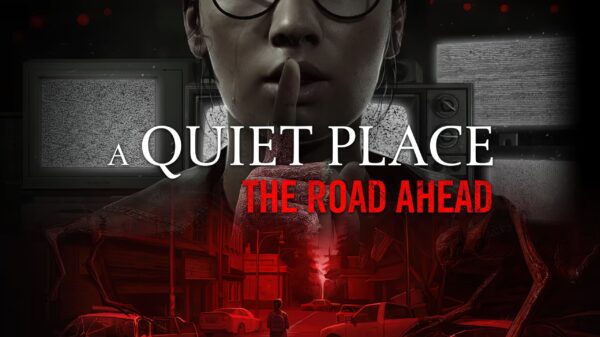
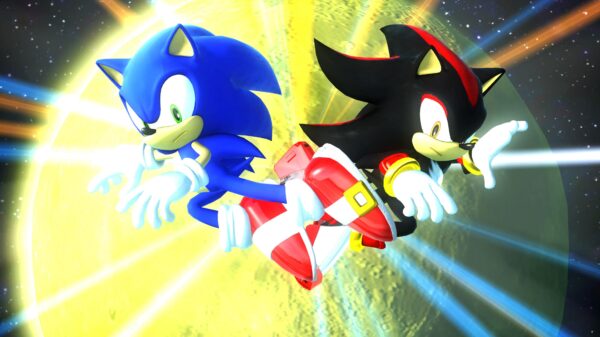
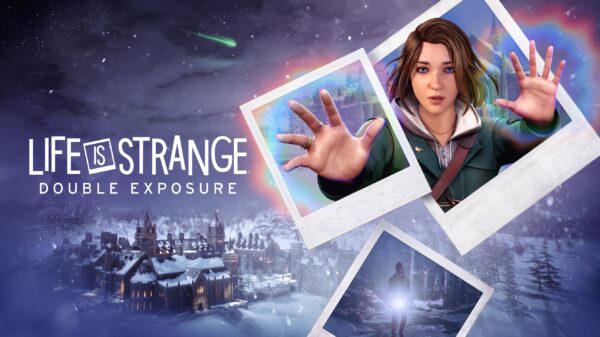
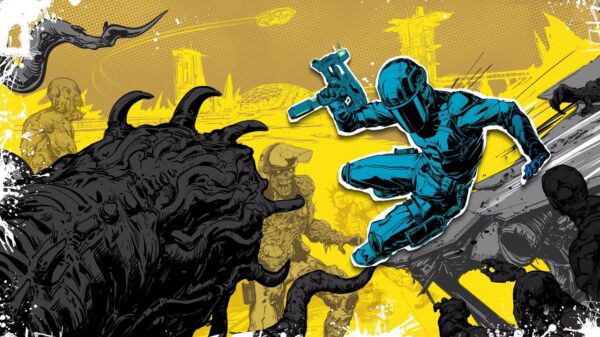





















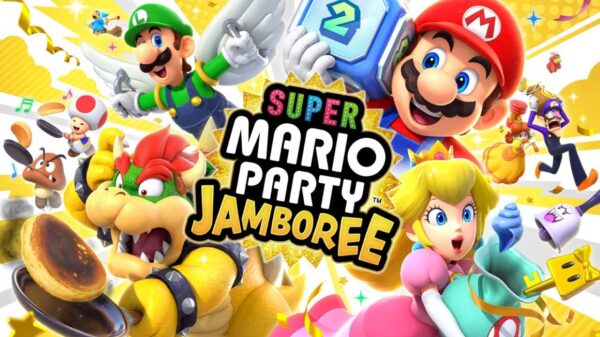
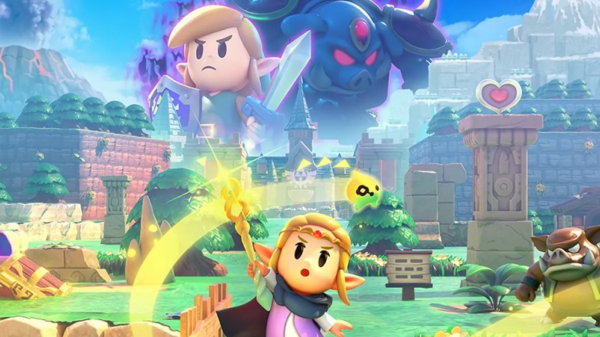
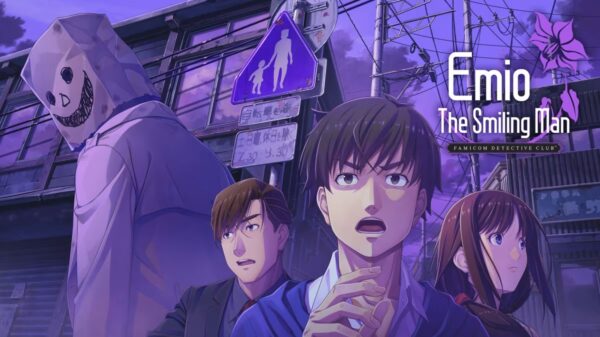
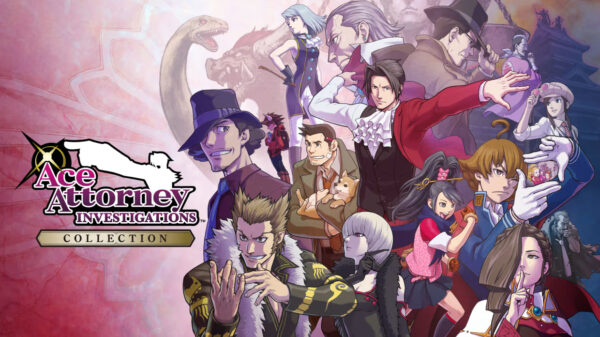
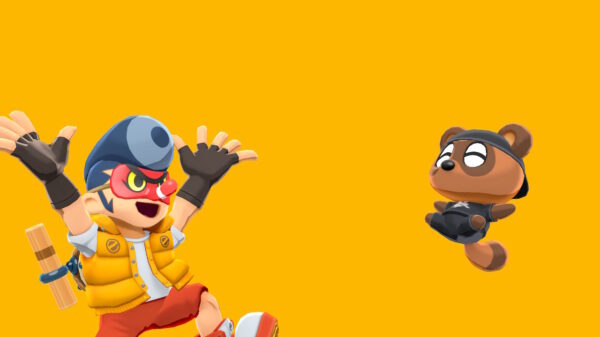
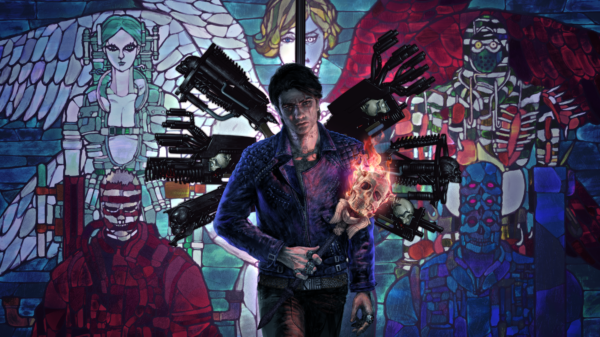

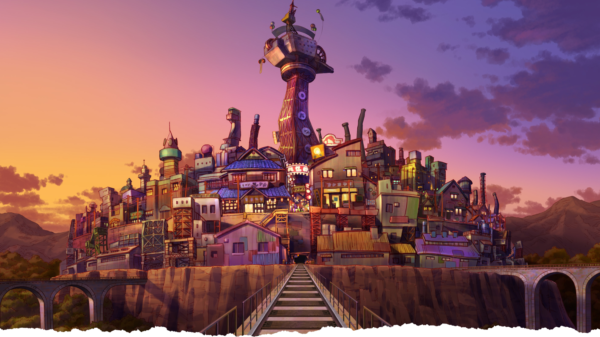
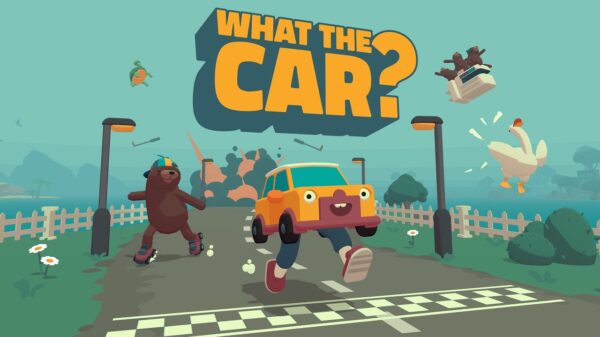



















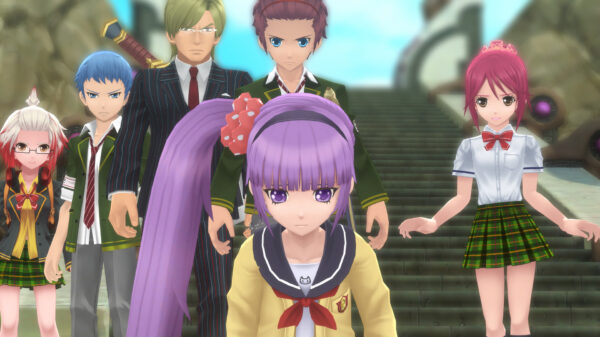
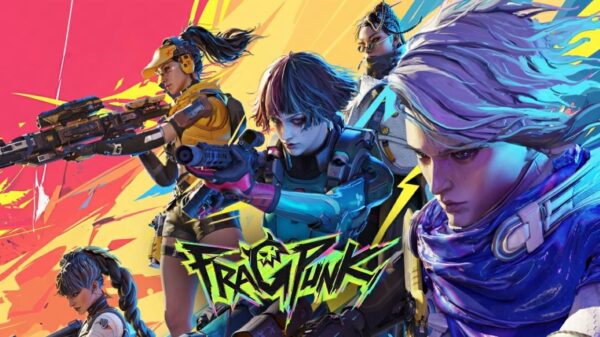
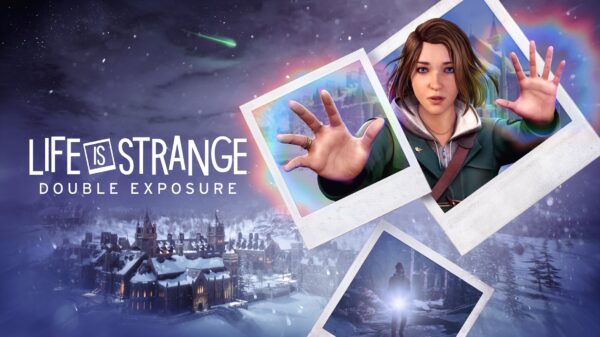
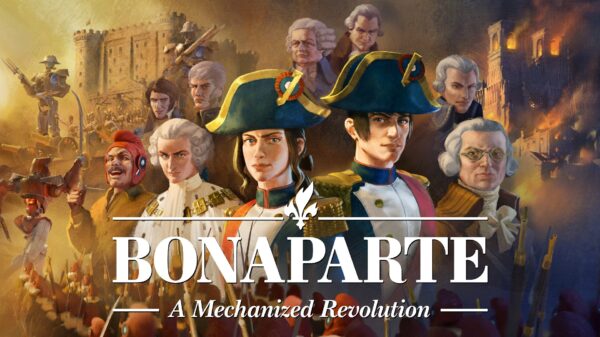
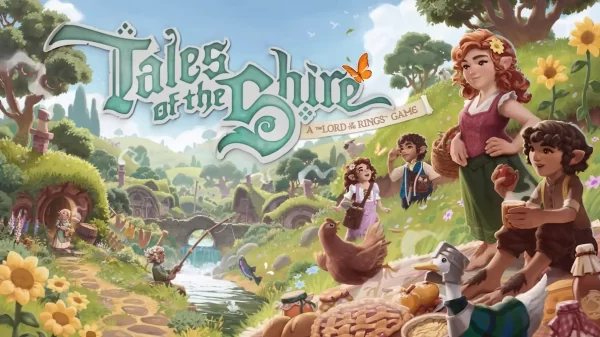
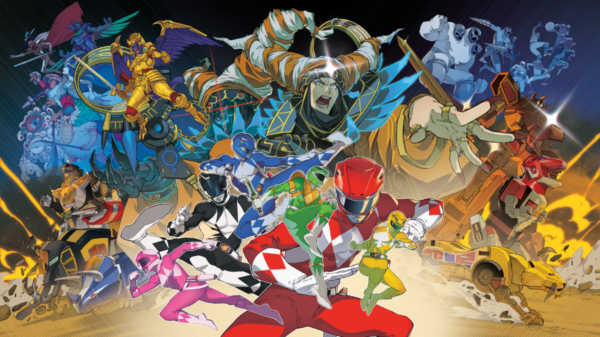
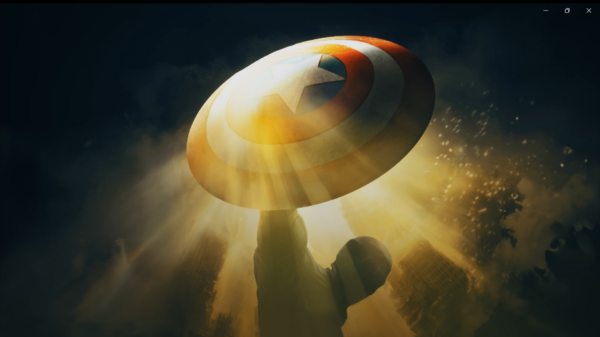
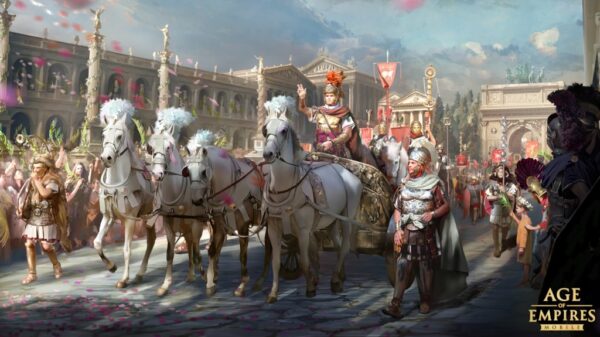
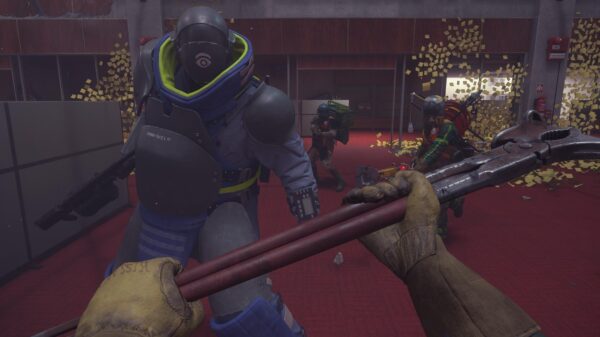
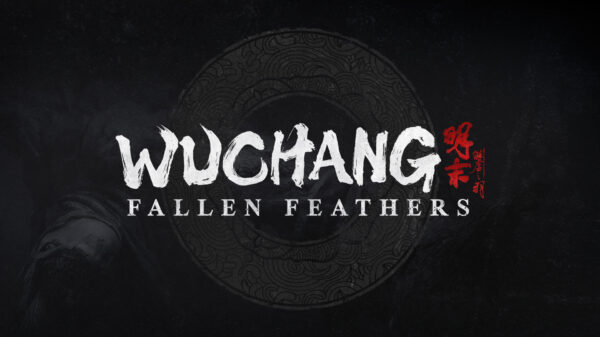
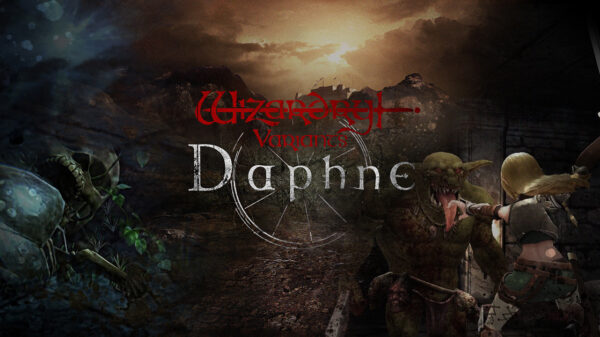
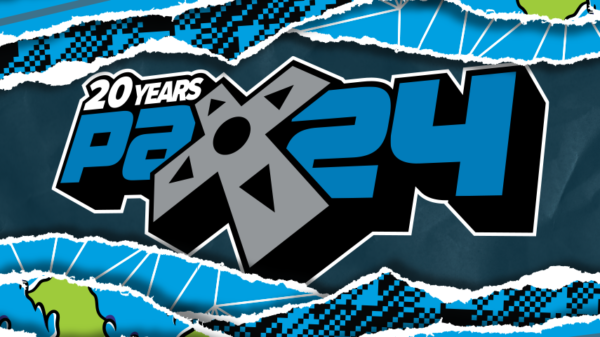
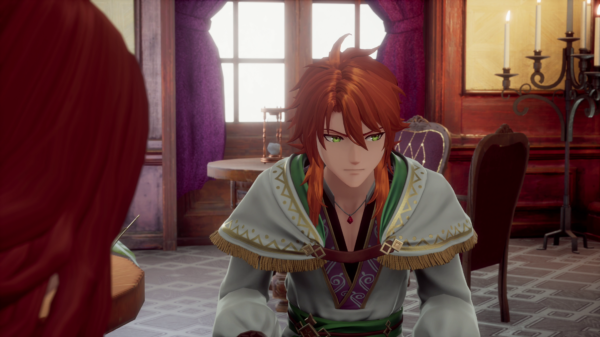

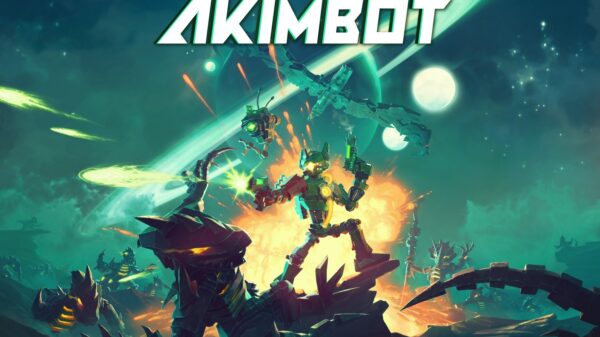

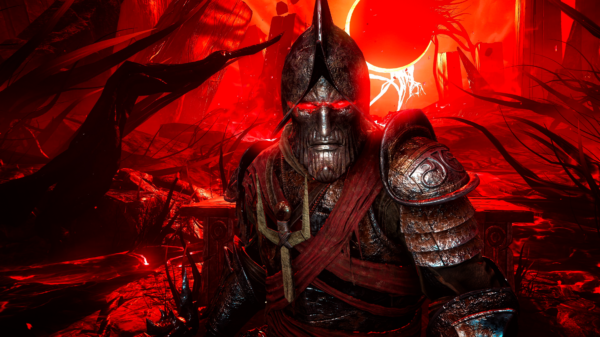
























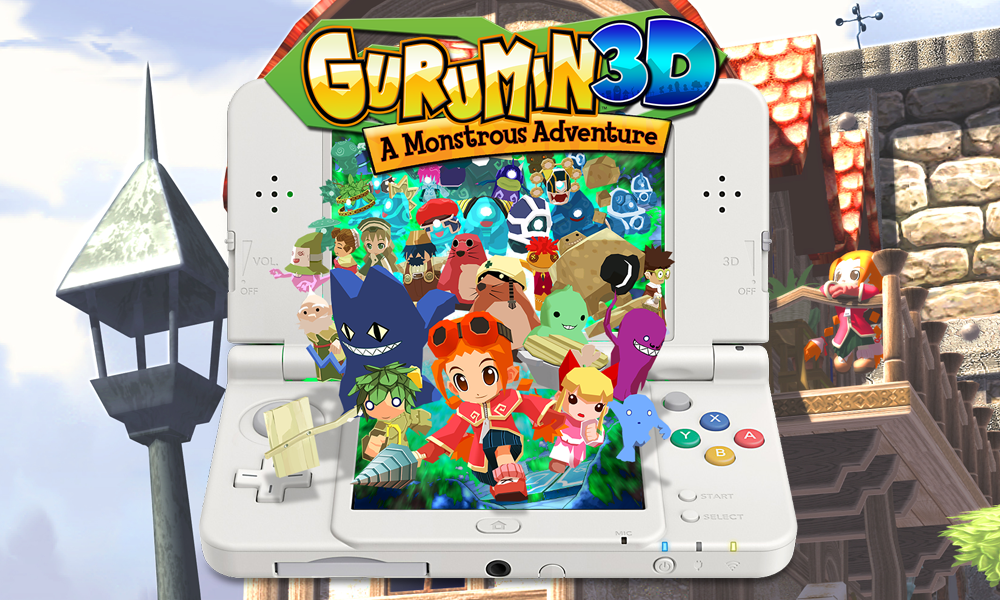
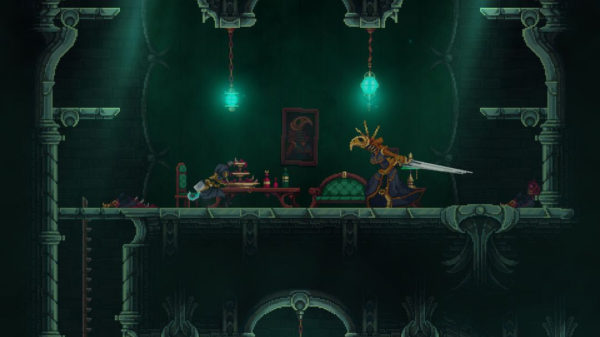

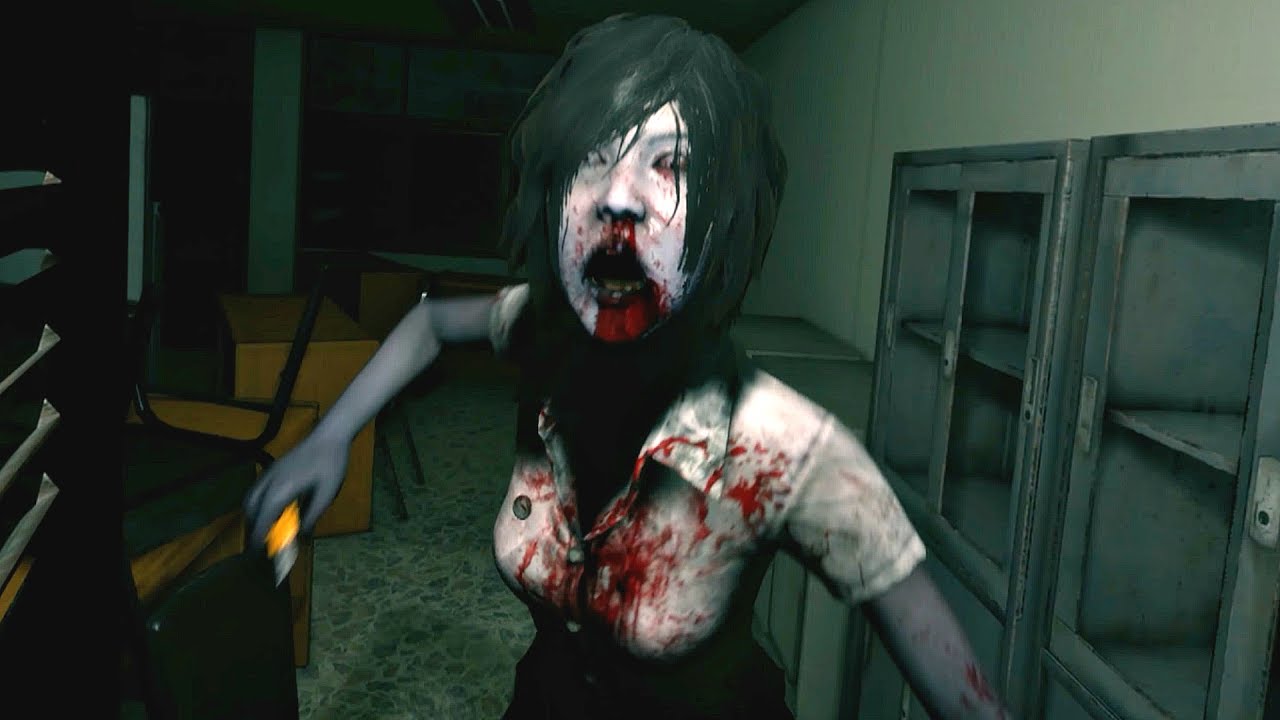

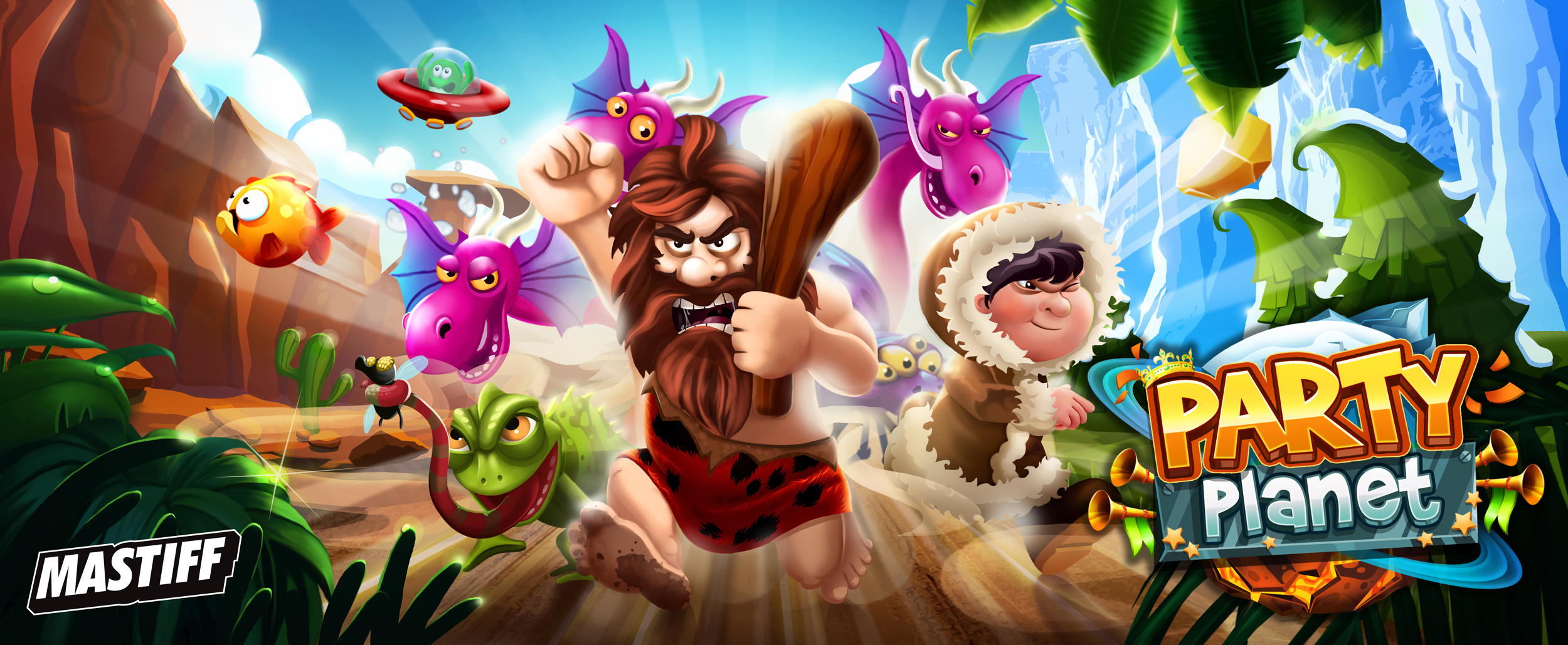
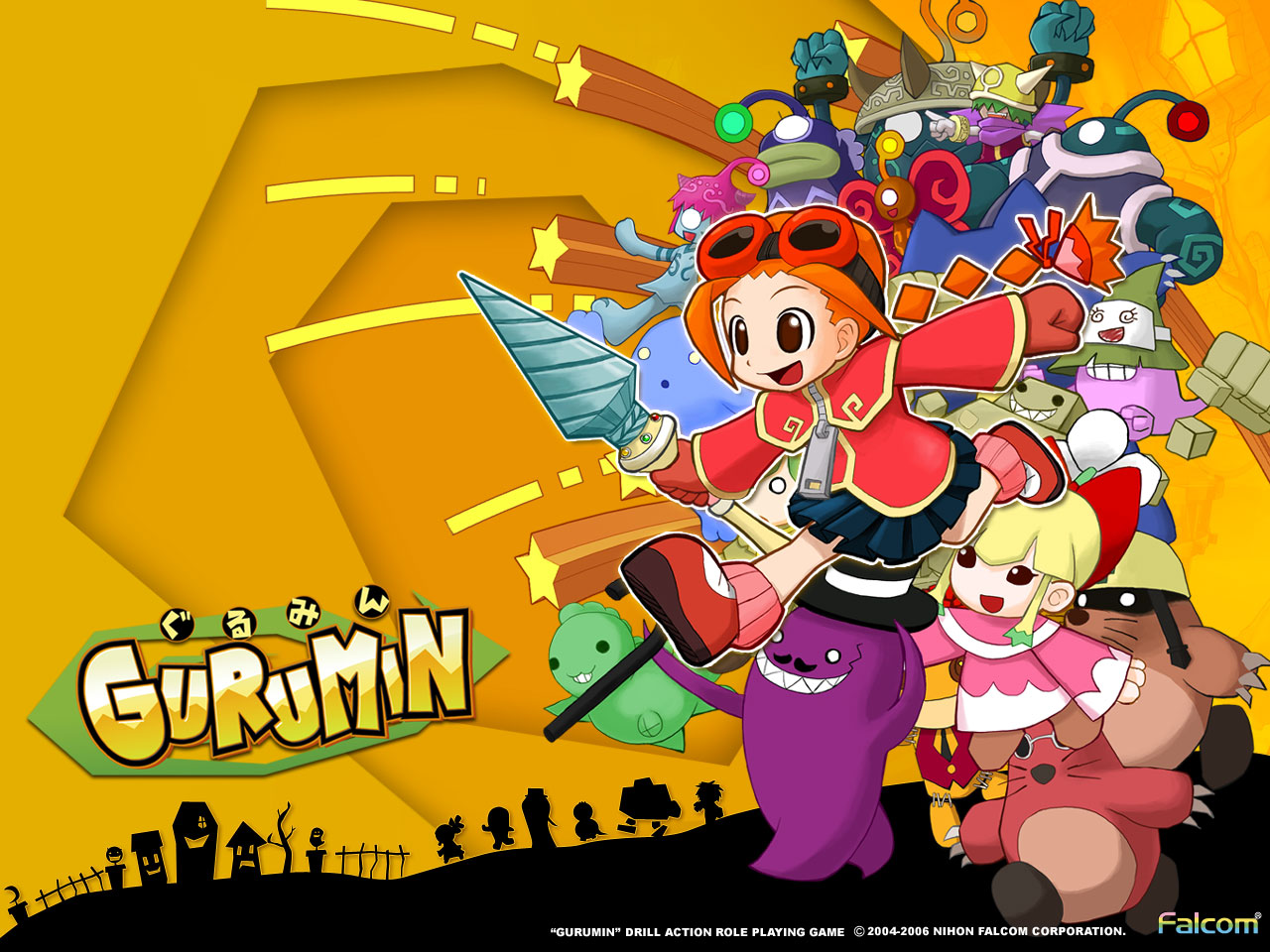
Pingback: Mastiff Games CEO on Gurumin 3D localization, 3DS challenges - Nintendo Everything
Alain Dellepiane
September 22, 2016 at 5:13 pm
Thank you for the great article. Great points about the challenges of translating into Japanese and the limits of the “superficial translation + heavy rewriting” models, very insightful
Spencer Legacy
September 22, 2016 at 7:43 pm
Thanks very much, I’m glad you enjoyed it! It was definitely a very insightful interview, lots of fascinating info.
Pingback: Indie news (Sept. 23): Ninja Pizza Girl release date / Gurumin 3D interview - Perfectly Nintendo
Pingback: Game Localization Link Roundup – September 2016
Pingback: Mastiff CEO on Gurumin 3D – Monstervine Interview – 3WIREL!